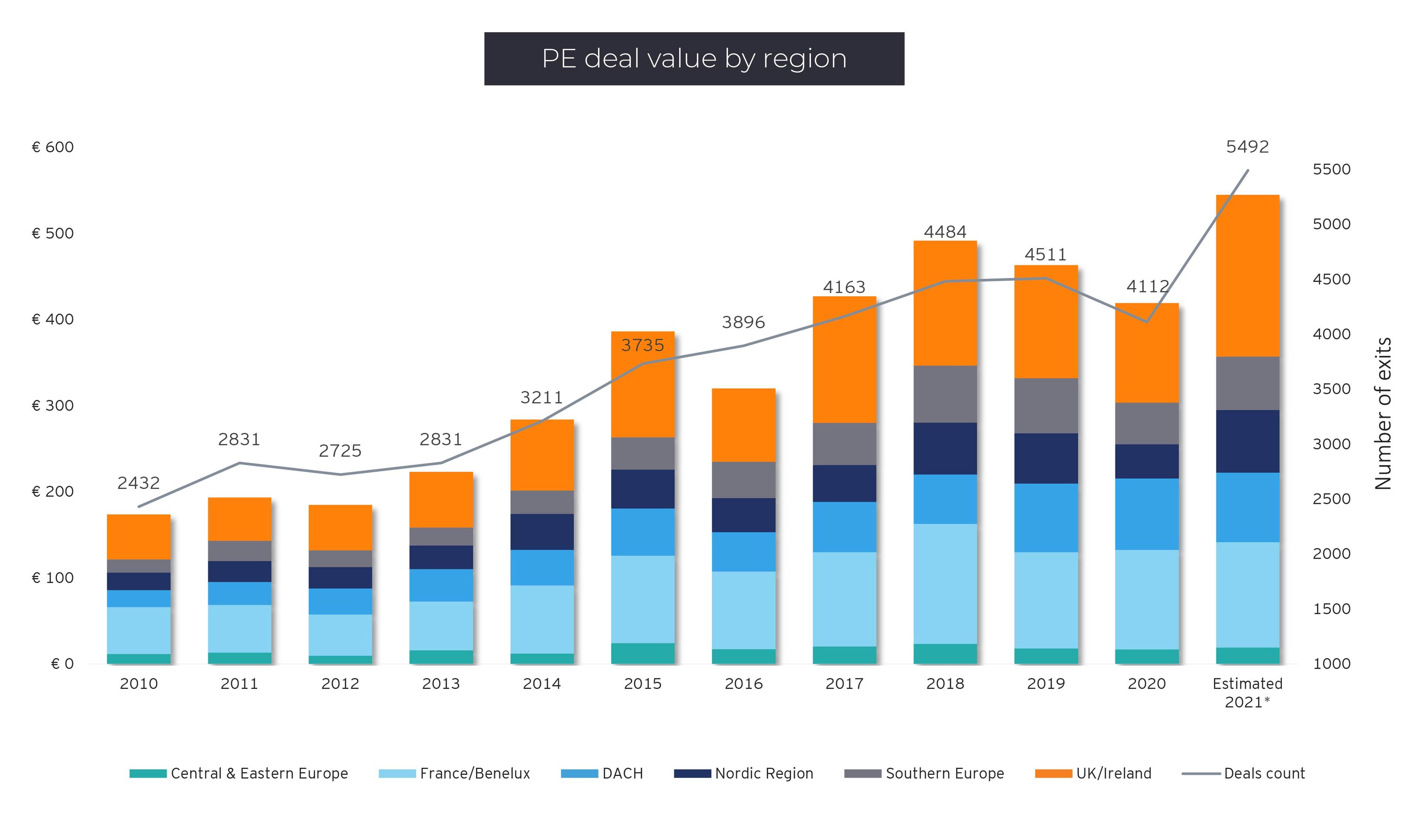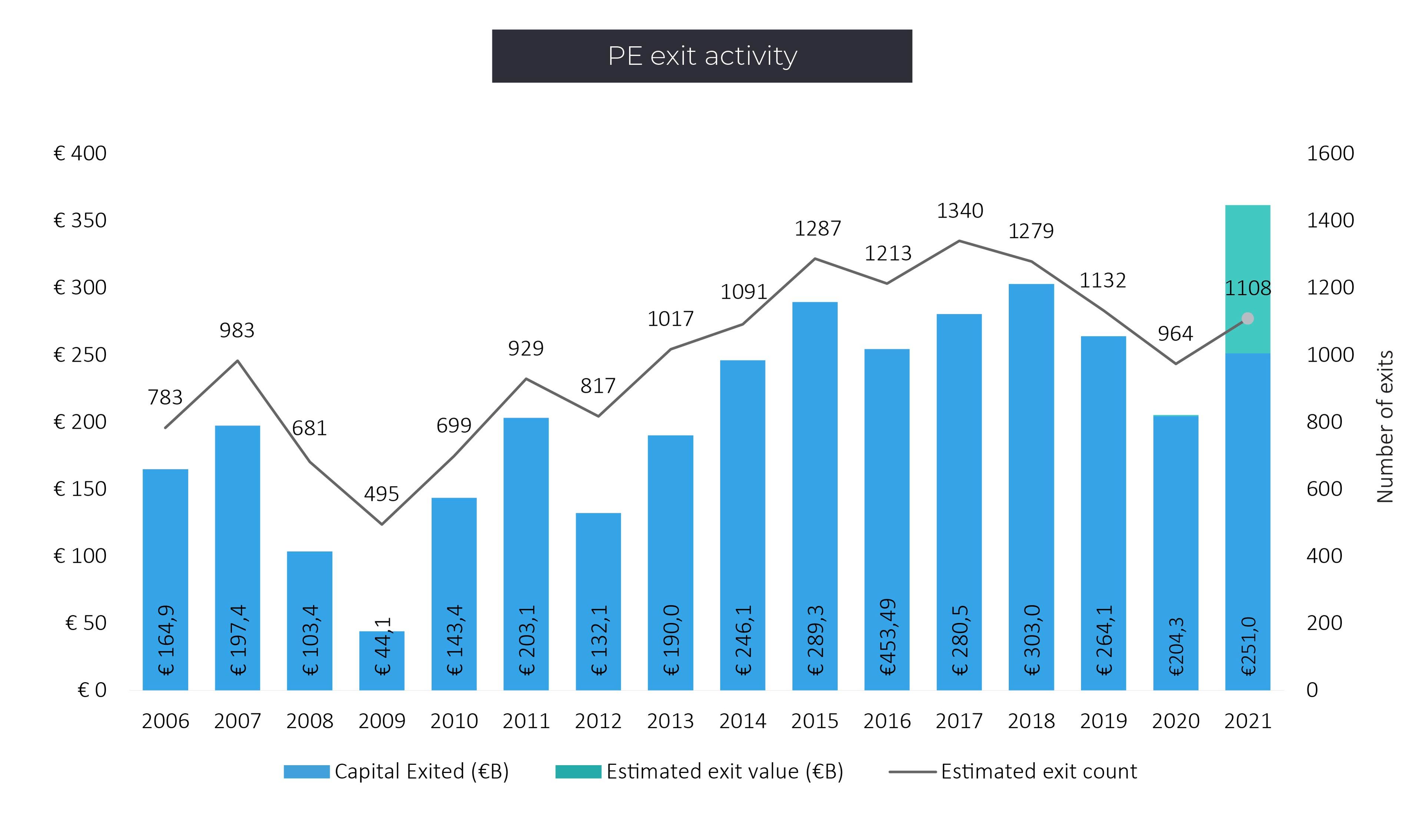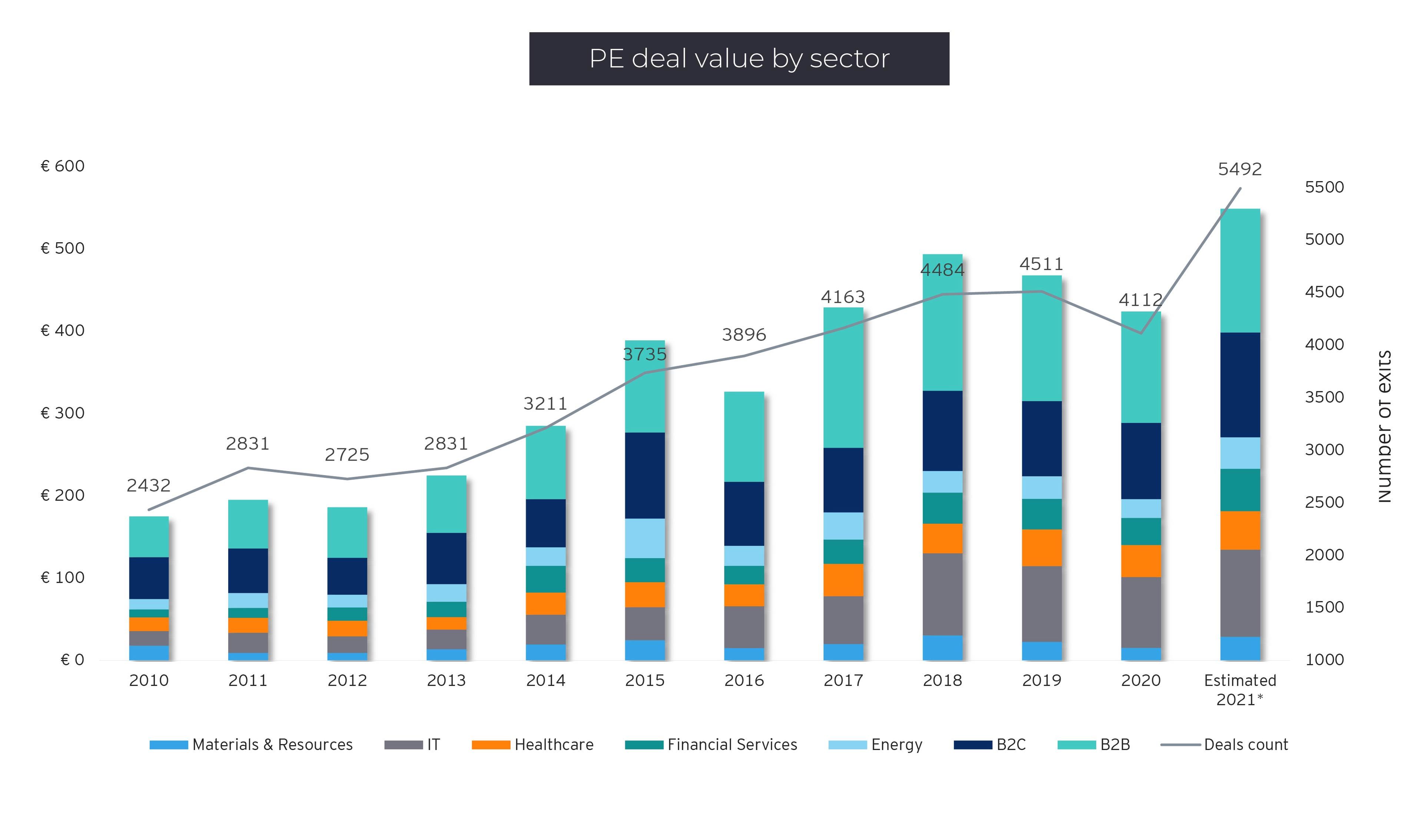“Retailisation” is expected to further fuel the industry
While the Securities Exchange Commission (SEC) in the United States is working on expanding access for retail investors and achieving greater transparency, the "retailisation" of the industry is also a major topic for asset managers and policymakers in Europe. European policymakers would like to encourage non-professional investors to have access to private equity funds through the current reform of the European Long Term Investment Fund (ELTIF). A trend which is carefully followed-up by the UK with the launch of the Long Term Asset Fund (LTAF). The new rules would remove minimum investment and wealth requirements for individuals while also broadening the type of assets fund managers can hold – reducing various investment restrictions and marketing hurdles.
Europe will continue to lead the way in ESG
Concerns about the environment, social issues, and governance (ESG) have quickly risen to the top of the corporate agenda over the last two years. Previously merely a matter for discussion, large institutional investors have pushed companies to take action on climate change.
In this regard, the European Union's new Sustainable Finance Disclosure Regulation (SFDR) was unveiled in March 2021, introducing the fact that managers conducting business in the EU must begin disclosing their approach to incorporating sustainability (such as climate, diversity, and governance disclosure) risks into the screening and assessment of their investments.
Even though globally, most managers are incorporating ESG risks into their corporate governance and investment, they are still in the early stages of their ESG journey5. Europe is certainly leading the way: ESG products in both the liquid and illiquid spectrum are in high demand and this trend is expected to continue in 2022.
As regards to the funds’ terms and conditions, evergreen Private Equity funds are gaining momentum. Several large Private Equity houses already offer long-life funds, with terms of 15, 20 or even 25 years, designed to accommodate longer holding periods or even decided to launch evergreen funds. Such form accommodates managers to invest in strongly cash generative businesses that benefit from patient capital and strategic planning, pursuing acquisitions or developing industry partnerships to cement or expand its portfolio companies’ market position while less exit oriented.
Expected macro-economic challenges in 2022
Without any doubt, inflation and related volatility will certainly be a prominent area of attention in the next months to come. Capital availability may face decline in 2022 as a result of an anticipated tightening of monetary stimulus amid inflationary pressures. European Private Equity nevertheless seems in a stronger position than ever thanks to the significant dry powder the industry benefits from and seems very well equipped to take benefit of any sudden change in the economic environment either due a restriction in the liquidity available or a more structural slowdown of the economy.
1Pitchbook – Q3 European Private Equity Breakdown
2 EY – Private Equity Pulse Q3 2021
3 Preqin – Alternative Assets in Europe Report
4 Pitchbook – Q3 European Private Equity Breakdown
5 EY – Global Alternatives Survey 2021






